Having radiant and healthy skin is a goal shared by many individuals. However, with the abundance of skincare products and advice available, it can be overwhelming to determine the best approach for your specific skin type and concerns. This esthetician’s skincare guide is designed to provide you with expert advice and practical tips to help you achieve the glowing and youthful complexion you desire.
Table of Contents
- Understanding Your Skin Type
- 1.1 Identifying Your Skin Type
- 1.2 Common Skin Concerns
- The Fundamentals of a Skincare Routine
- 2.1 Cleansing Techniques
- 2.2 Exfoliation for Renewed Skin
- 2.3 Importance of Toning
- 2.4 Nourishment with Serums and Essences
- 2.5 Moisturizing for Hydration
- Sun Protection: Shielding Your Skin
- 3.1 The Sun’s Impact on Your Skin
- 3.2 Choosing the Right Sunscreen
- 3.3 Incorporating Sunscreen into Your Routine
- Targeted Treatments for Skin Concerns
- 4.1 Dealing with Acne
- 4.2 Addressing Hyperpigmentation
- 4.3 Combatting Fine Lines and Wrinkles
- Pampering Your Skin: Facials and Masks
- 5.1 Professional Facial Treatments
- 5.2 The Benefits of At-Home Masks
- The Role of Diet and Lifestyle in Skincare
- 6.1 Nourishing Your Skin from Within
- 6.2 Hydration and Its Impact on Skin Health
- Effective Makeup Removal
- 7.1 The Importance of Proper Makeup Removal
- 7.2 Gentle Techniques for Makeup Removal
- Caring for Your Lips and Eyes
- 8.1 Lip Care Tips for Soft and Supple Lips
- 8.2 Revitalizing the Delicate Eye Area
- Nighttime Skincare Rituals
- 9.1 Preparing Your Skin for Bedtime
- 9.2 Overnight Treatments for Skin Rejuvenation
- Avoiding Skincare Pitfalls
- 10.1 Identifying Harmful Ingredients
- 10.2 Over-Exfoliation and Its Consequences
- Understanding Your Skin’s Aging Process
- 11.1 Intrinsic vs. Extrinsic Aging
- 11.2 Embracing Aging with Grace
- Incorporating Anti-Aging Ingredients
- 12.1 Retinoids: A Powerful Anti-Aging Agent
- 12.2 Antioxidants and Their Role in Skincare
- Customizing Your Skincare Routine
- 13.1 Tailoring Your Routine to Your Needs
- 13.2 Adapting to Seasonal Changes
- Importance of Professional Consultation
- 14.1 The Value of an Esthetician’s Expertise
- 14.2 When to Seek Professional Help
- Conclusion
Esthetician’s Skincare Guide: Achieving Radiant and Healthy Skin
Skincare is not just a routine; it is a way of showing love and care to your skin, which is the largest organ of your body. When it comes to achieving radiant and healthy skin, understanding your skin type is the first step. Each person’s skin is unique, and different skin types have specific needs and challenges.
1. Understanding Your Skin Type
1.1 Identifying Your Skin Type
Before you begin any skincare regimen, it’s essential to identify your skin type accurately. The four main skin types are:
a. Normal Skin: Neither too dry nor too oily, with small pores and a balanced complexion. b. Dry Skin: Lacks moisture, feels tight, and may have flakiness or rough patches. c. Oily Skin: Excess sebum production, often leading to shine and enlarged pores. d. Combination Skin: A mix of oily and dry areas on the face, requiring a customized approach.
Knowing your skin type will help you choose the right products and treatments for your skin’s specific requirements.
1.2 Common Skin Concerns
Various skin concerns can affect people of all ages and skin types. Some common issues include:
a. Acne: Characterized by pimples, blackheads, and whiteheads, often caused by excess oil and clogged pores. b. Hyperpigmentation: Dark spots or patches on the skin caused by sun exposure, hormonal changes, or inflammation. c. Fine Lines and Wrinkles: Signs of aging that appear due to reduced collagen production and external factors. d. Sensitivity: Skin prone to redness, irritation, and reactions to certain products or environmental factors.
Once you identify your skin type and specific concerns, you can tailor your skincare routine accordingly.
2. The Fundamentals of a Skincare Routine
Establishing a consistent skincare routine is crucial for maintaining healthy skin. Your daily regimen should encompass cleansing, exfoliation, toning, nourishment, and moisturization.
2.1 Cleansing Techniques
Start your day and end it with a gentle cleanser suitable for your skin type. Cleansing helps remove dirt, excess oil, and impurities, allowing other skincare products to penetrate effectively.
2.2 Exfoliation for Renewed Skin
Exfoliation is essential for removing dead skin cells, promoting cell turnover, and revealing a fresh complexion. However, be cautious not to over-exfoliate, as it can lead to irritation.
2.3 Importance of Toning
Toning helps balance the skin’s pH levels, tighten pores, and prepare the skin for better product absorption. Choose a toner free of alcohol and harsh chemicals.
2.4 Nourishment with Serums and Essences
Serums and essences contain concentrated active ingredients that target specific skin concerns. Whether it’s vitamin C for brightening or hyaluronic acid for hydration, find products that address your needs.
2.5 Moisturizing for Hydration
Moisturizing is essential for all skin types, as it locks in moisture and prevents water loss. Look for a lightweight, non-comedogenic moisturizer that suits your skin type.
3. Sun Protection: Shielding Your Skin
One of the most critical steps in any skincare routine is protecting your skin from the damaging effects of the sun.
3.1 The Sun’s Impact on Your Skin
Excessive sun exposure can lead to premature aging, hyperpigmentation, and an increased risk of skin cancer. Always wear sunscreen with at least SPF 30, even on cloudy days.
3.2 Choosing the Right Sunscreen
Select a broad-spectrum sunscreen that offers protection against both UVA and UVB rays. Consider a mineral-based option if you have sensitive skin.
3.3 Incorporating Sunscreen into Your Routine
Apply sunscreen as the final step of your morning skincare routine. Reapply every two hours, especially if you are outdoors or swimming.
4. Targeted Treatments for Skin Concerns
Addressing specific skin concerns requires targeted treatments to achieve optimal results.
4.1 Dealing with Acne
For acne-prone skin, look for products containing salicylic acid or benzoyl peroxide. These ingredients help unclog pores and reduce inflammation.
4.2 Addressing Hyperpigmentation
Combat hyperpigmentation with products containing ingredients like vitamin C, niacinamide, and alpha hydroxy acids (AHAs). These ingredients help fade dark spots and even out skin tone.
4.3 Combatting Fine Lines and Wrinkles
To diminish the appearance of fine lines and wrinkles, incorporate retinoids into your routine. Retinoids stimulate collagen production and promote skin renewal.
5. Pampering Your Skin: Facials and Masks
Treating yourself to regular facials or using at-home masks can be beneficial for your skin’s overall health.
5.1 Professional Facial Treatments
Professional facials performed by estheticians can deep-cleanse, exfoliate, and nourish your skin. Choose a facial based on your skin type and concerns.
5.2 The Benefits of At-Home Masks
At-home masks offer a convenient way to address various skincare concerns. Look for masks with ingredients like clay for oily skin, honey for hydration, or antioxidants for anti-aging benefits.
6. The Role of Diet and Lifestyle in Skincare
Your diet and lifestyle play a significant role in the health of your skin.
6.1 Nourishing Your Skin from Within
Consume a balanced diet rich in fruits, vegetables, and healthy fats to provide your skin with essential nutrients.
6.2 Hydration and Its Impact on Skin Health
Drinking plenty of water is crucial for maintaining skin hydration and promoting a clear complexion.
7. Effective Makeup Removal
Properly removing makeup is essential for preventing skin issues and promoting a clean canvas for skincare products.
7.1 The Importance of Proper Makeup Removal
Leaving makeup on overnight can clog pores and lead to breakouts. Use a gentle makeup remover or cleansing oil to dissolve makeup before cleansing.
7.2 Gentle Techniques for Makeup Removal
Avoid harsh scrubbing or tugging on the skin when removing makeup. Instead, use gentle, circular motions to cleanse the face.
8. Caring for Your Lips and Eyes
The delicate skin around the lips and eyes requires special attention.
8.1 Lip Care Tips for Soft and Supple Lips
Exfoliate your lips occasionally and apply a nourishing lip balm to keep them hydrated and smooth.
8.2 Revitalizing the Delicate Eye Area
Use an eye cream containing peptides or hyaluronic acid to hydrate and reduce the appearance of fine lines around the eyes.
9. Nighttime Skincare Rituals
Your nighttime routine is essential for repairing and rejuvenating your skin while you sleep.
9.1 Preparing Your Skin for Bedtime
Remove makeup and cleanse your face thoroughly before applying your nighttime products.
9.2 Overnight Treatments for Skin Rejuvenation
Consider using night creams or sleeping masks that work while you rest to improve your skin’s texture and appearance.
10. Avoiding Skincare Pitfalls
While caring for your skin, be aware of common pitfalls that can harm your complexion.
10.1 Identifying Harmful Ingredients
Read the labels of skincare products and avoid ingredients that may irritate your skin, such as sulfates, parabens, and synthetic fragrances.
10.2 Over-Exfoliation and Its Consequences
Excessive exfoliation can damage your skin’s protective barrier, leading to sensitivity and inflammation. Limit exfoliation to 2-3 times per week.
11. Understanding Your Skin’s Aging Process
Aging is a natural process that affects everyone’s skin.
11.1 Intrinsic vs. Extrinsic Aging
Intrinsic aging is determined by genetics and leads to natural changes in the skin over time. Extrinsic aging is caused by external factors, like sun exposure and lifestyle choices.
11.2 Embracing Aging with Grace
Rather than fearing aging, embrace it as a testament to a life well-lived. Maintain healthy skincare habits to age gracefully.
12. Incorporating Anti-Aging Ingredients
Anti-aging ingredients can help minimize the signs of aging.
12.1 Retinoids: A Powerful Anti-Aging Agent
Retinoids, derived from vitamin A, can promote collagen production and reduce the appearance of fine lines and wrinkles.
12.2 Antioxidants and Their Role in Skincare
Antioxidants, such as vitamin C and E, protect the skin from free radicals and oxidative stress, preventing premature aging.
13. Customizing Your Skincare Routine
No one-size-fits-all approach exists in skincare, so personalize your routine to suit your unique needs.
13.1 Tailoring Your Routine to Your Needs
Listen to your skin and adjust your routine as needed, especially during seasonal changes.
13.2 Adapting to Seasonal Changes
Cold, dry winters and hot, humid summers may require different products and approaches to skincare.
14. Importance of Professional Consultation
While skincare advice is readily available, consulting a professional esthetician can make a significant difference.
14.1 The Value of an Esthetician’s Expertise
Estheticians are trained to analyze your skin and provide tailored recommendations to address your concerns effectively.
14.2 When to Seek Professional Help
If you experience persistent skin issues or significant changes, consider scheduling a consultation with an esthetician or dermatologist.
Conclusion
A radiant and healthy complexion is attainable with the right skincare routine and a commitment to self-care. Understanding your skin type and individual concerns allows you to choose the best products and treatments for your needs. Remember to protect your skin from the sun, adopt a well-rounded skincare routine, and seek professional guidance when necessary. Embrace the aging process and take pride in caring for your skin, as it is a reflection of your overall well-being.
FAQs
1. How often should I exfoliate my skin?
Exfoliation should be limited to 2-3 times per week to avoid over-exfoliation and potential skin damage.
2. Can I use a daytime moisturizer at night?
While daytime moisturizers provide hydration, they may not contain ingredients suitable for nighttime rejuvenation. It is better to use a dedicated night cream or sleeping mask.
3. How can I prevent fine lines around my eyes?
Using an eye cream with peptides or hyaluronic acid and practicing gentle application can help reduce the appearance of fine lines.
4. What is the difference between intrinsic and extrinsic aging?
Intrinsic aging is genetically determined, while extrinsic aging is influenced by external factors like sun exposure and lifestyle choices.
5. How often should I consult an esthetician?
Regular consultations with an esthetician are beneficial for addressing skin concerns and adjusting your skincare routine based on your skin’s changing needs.

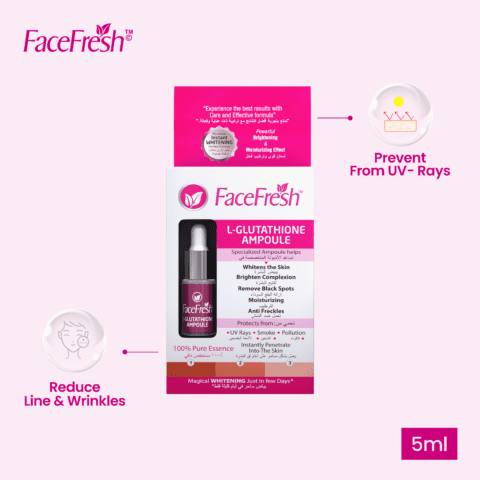
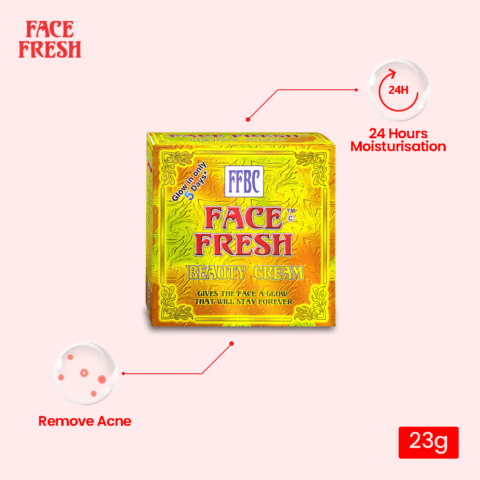
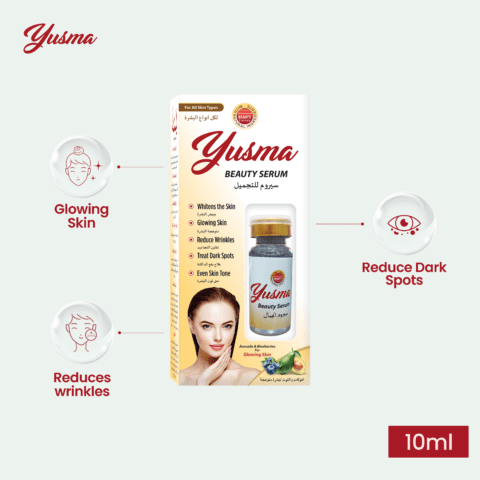
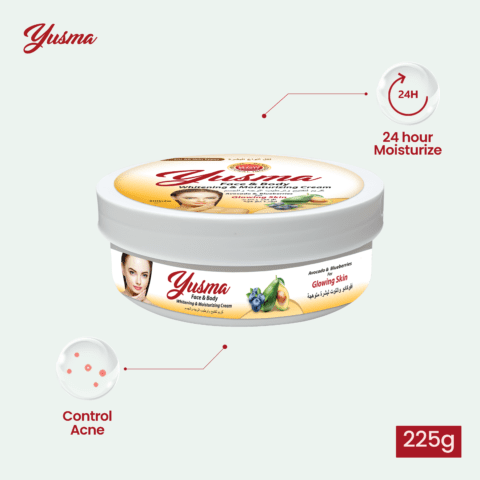
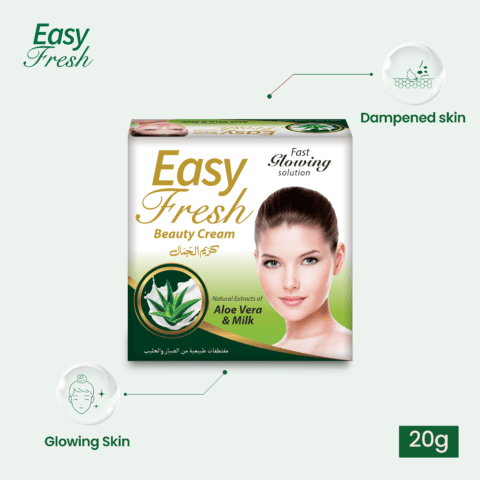

Leave a comment
Your email address will not be published. Required fields are marked *